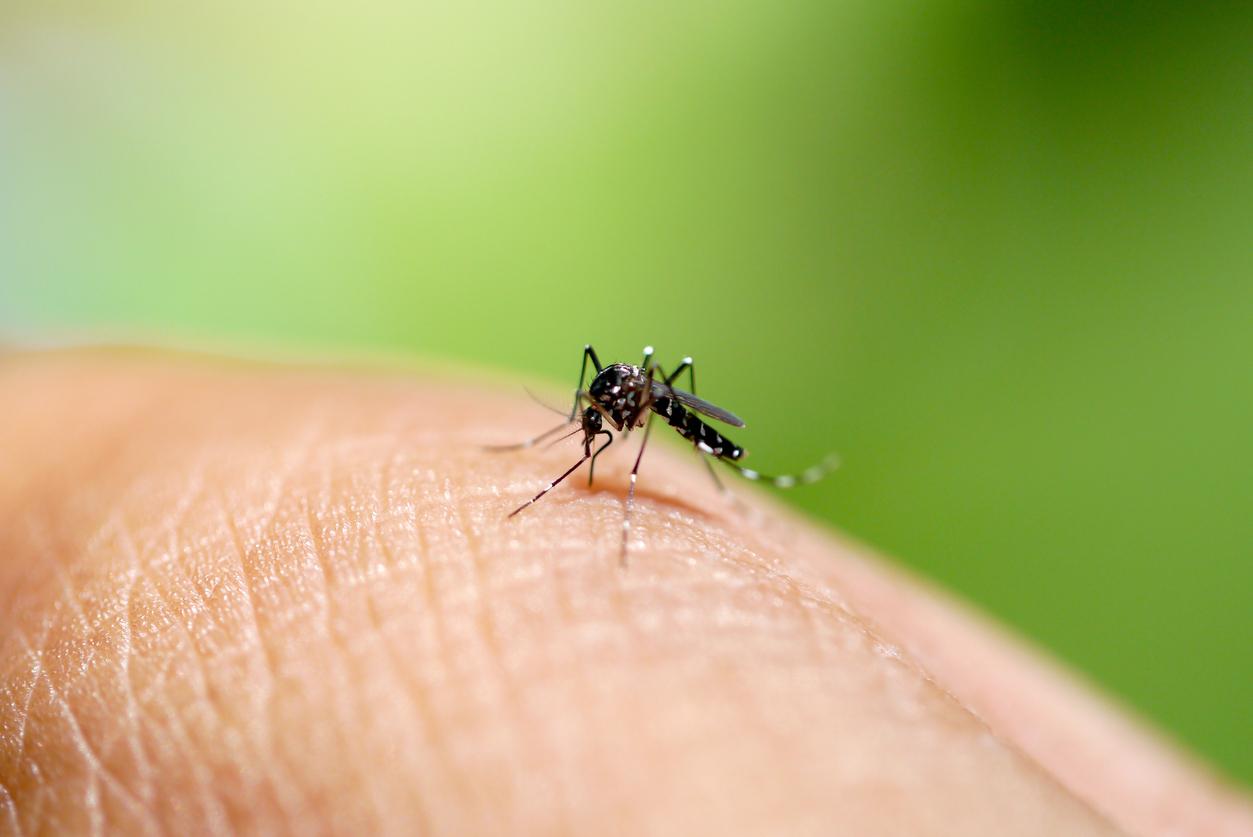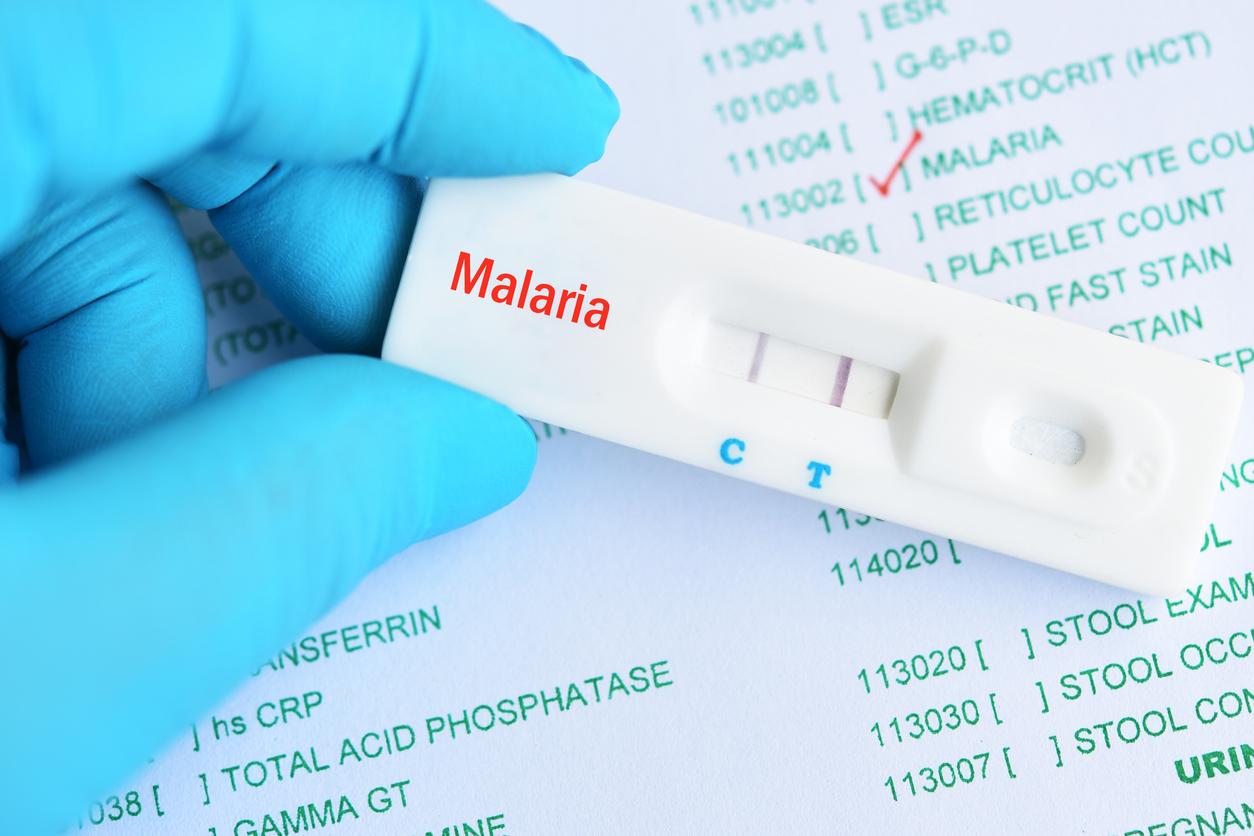A protein that triggers the production of antibodies, bulwarks against the proliferation of parasites responsible for malaria, has just been discovered by a team of researchers. This discovery is far from trivial because this immune reaction could allow the development of a vaccine capable of protecting populations from the most acute forms of malaria.
According to figures from the World Health Organization, half of the world’s population is at risk of malaria. In 2010, approximately 216 million cases and 660,000 deaths were recorded, especially among young children in Sub-Saharan Africa.
An experimental vaccine in mice
To identify this protein, the researchers took blood tests from Tanzanian children resistant to malaria and compared them to blood tests from children susceptible to the disease. They were thus able to identify the protein called “PISEA-1” which seemed to stop the progression of the disease.
This protein was then tested on mice in an experimental vaccine. Immediately, the researchers recorded a drop in the level of parasites in the blood of rodents, which therefore survived longer than unvaccinated mice.
The discovery of this protein could be an essential contribution to the limited group of molecules currently used in experimental vaccines against malaria, believe these researchers from the National Institute of Allergies and Infectious Diseases (NIAID). This antigen blocks parasites, originally transmitted by female mosquitoes inside red blood cells and prevents them from multiplying.
















